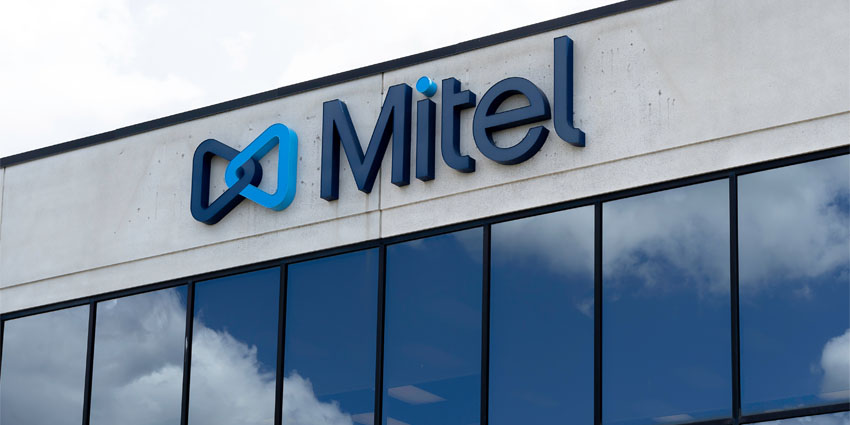SIP trunking and cloud communications solutions, allowing users to conduct global calls using the power of internet alone, are nothing new. However, while Europe and North America have been rather quick to adopt these alternatives to traditional PSTN phone lines, the APAC region has been lagging on this effort.
With the acceleration of digital transformation, creating an increased requirement to migrate domestic business telephony to the cloud, PSTN replacements are becoming a must-have for APAC organisations. And, of course, there’s COVID. APAC companies don’t only need virtual calling capabilities – they also need them to guarantee local CLIs (caller line identities) and to maintain easy access to emergency services.
So, what are the specific challenges that APAC organisations face when trying to replicate traditional telco capabilities in the cloud? And what are the best ways to handle them?
Thomas Laboulle, CEO of Toku, is here to explain.
Lower Adoption Rate
According to Laboulle, there are a few explanations as for why several APAC countries are slower to adopt PSTN replacements than their European and North American counterparts.
First is the limited PSTN replacement coverage in the region.
From a connectivity perspective, the international development of APAC PSTN replacement coverage is still in its infancy compared to Europe and the US, and is limited to just a few niche players – which helps explain why many companies in the region haven’t made their transition to the cloud yet.
The second explanation would be the strict telecommunications regulations in APAC compared with other parts of the globe.
While some APAC countries such as Australia, Singapore and Hong Kong don’t pose many barriers for global service providers and have a straightforward licensing process, we see more rigid and complex regulations in markets like China, India, Vietnam, and Japan.
“This causes a delay between APAC and other regions,” notes Laboulle.
The third reason for the lower adoption rate in the region is the requirement for hybrid communication environments, which seem to be much more present in APAC than in Europe and the US.
“Many APAC businesses are looking for solutions that can accommodate a split between on- and off-premises communication services, enabling scalability and flexibility on the one hand, and better control over disaster recovery procedures and data governance on the other,” Laboulle explains.
As most providers aren’t able to cater to that demand, many APAC companies end up sticking to their on-premises systems rather than moving to the cloud.
Toku Is Here to Help
As a native APAC telco, Toku has built a robust network infrastructure to offer local connectivity and access services to both global communications providers and large enterprise customers.

“We now have 12 countries covered in APAC and eight more on our roadmap for 2021. With that, we aim to become the one-stop-shop for full PSTN replacement in the region – not only for our enterprise customers, but no less importantly, for the cloud providers themselves,” shares Laboulle.
“Most cloud communications providers focus on the software aspect, which is their main area of expertise. But when it comes to the local connectivity layer, that’s where they could use the help of a provider like us.“
Having a comprehensive network of local connectivity means that Toku can successfully tackle two region-specific challenges. First, it enables them to offer full PSTN replacement coverage for local companies (currently the only player to do so).
Second, it means that whoever connects to Toku’s PSTN replacement services doesn’t have to deal with the strict telecommunications regulations – since Toku navigates that complexity for them.
Regarding the third challenge – Toku has that covered, too.
“We have that hybrid telco and tech expertise that APAC companies require, which means that we are able to manage on-premises legacy systems as well as modern multi-cloud deployments“
Another significant differentiator that Toku has is the additional integration capability they offer with Microsoft Teams, along with their bring-your-own-carrier offering.
“In countries where customers still have legacy contracts, or where it is not yet allowed to have a PSTN replacement – the ability to connect a customer’s existing carrier to our cloud solution is critical,” notes Laboulle.
Toku does that by either deploying a PoP (Point of Presence) in a country, or working with the existing infrastructure of the customer.







